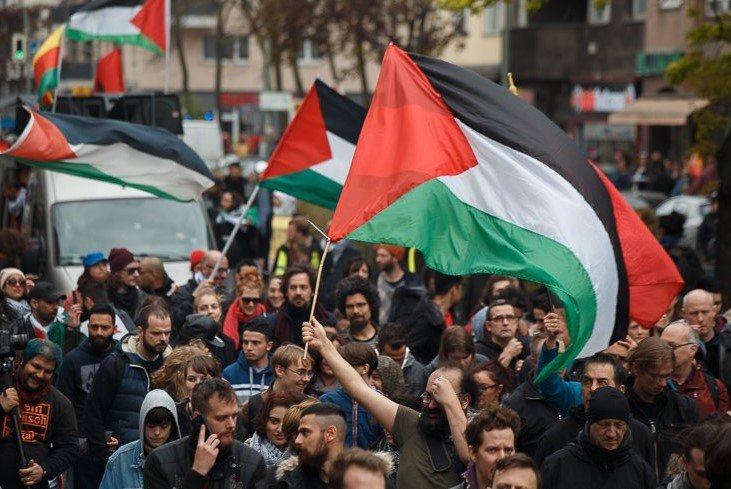In a deeply divided Israel, strikes and protests have erupted as the nation mourns the loss of hostages, including a California native, who were killed in recent conflicts. The tension in the country is palpable, with various factions expressing their grief and anger through demonstrations and work stoppages. The funerals of the hostages have become focal points for both sorrow and political expression, highlighting the complex and volatile situation in Israel.
National Grief and Mourning
The funerals of the hostages have drawn large crowds, with people from all walks of life coming together to pay their respects. The emotional ceremonies have been marked by tears, prayers, and calls for peace. The loss of these individuals has resonated deeply within the community, bringing a sense of unity in grief.
Family members of the hostages have shared their pain and memories, painting a picture of lives cut tragically short. The California native, whose funeral was particularly poignant, was remembered for their vibrant personality and contributions to both their local community and the broader Israeli society. The outpouring of support from friends, family, and strangers alike has been a testament to the impact these individuals had on those around them.

Despite the sorrow, there is also a palpable sense of anger and frustration. Many mourners have used the funerals as a platform to voice their discontent with the current political situation, calling for changes to prevent further loss of life. The blending of personal grief with political activism has underscored the deep divisions within Israeli society.
Protests and Strikes
In response to the ongoing conflict and the recent deaths, various groups have organized strikes and protests across the country. These demonstrations have seen participation from a wide range of sectors, including healthcare, education, and transportation. The strikes have disrupted daily life, highlighting the widespread discontent and the urgent need for resolution.
Protesters have taken to the streets, carrying signs and chanting slogans that call for an end to the violence and a return to peace talks. The demonstrations have been largely peaceful, though there have been instances of clashes with security forces. The protesters’ demands are varied, but a common thread is the desire for a more stable and secure future for all Israelis.
The strikes have also had a significant economic impact, with businesses and services grinding to a halt in many areas. This has added to the pressure on the government to address the underlying issues and find a path forward. The combination of economic disruption and public outcry has created a challenging environment for policymakers.
Political Reactions
The Israeli government has been under intense scrutiny in the wake of the hostages’ deaths and the subsequent protests. Political leaders have been divided in their responses, with some calling for a hardline approach to security and others advocating for renewed peace efforts. The lack of consensus has further fueled the sense of uncertainty and division within the country.
Prime Minister Benjamin Netanyahu has faced criticism from both sides of the political spectrum. Some accuse him of not doing enough to protect Israeli citizens, while others argue that his policies have exacerbated the conflict. Netanyahu has defended his actions, emphasizing the need for strong security measures and pledging to continue efforts to secure the release of any remaining hostages.
Opposition leaders have seized the moment to push for changes in government policy. They argue that a different approach is needed to achieve lasting peace and prevent further tragedies. The political debate has been heated, with passionate arguments on all sides reflecting the high stakes and deep emotions involved.
The situation in Israel remains fluid, with the potential for further developments in the coming days and weeks. As the nation grapples with its grief and divisions, the path forward is uncertain. What is clear, however, is the urgent need for solutions that address both the immediate crisis and the underlying issues that have led to this point.
